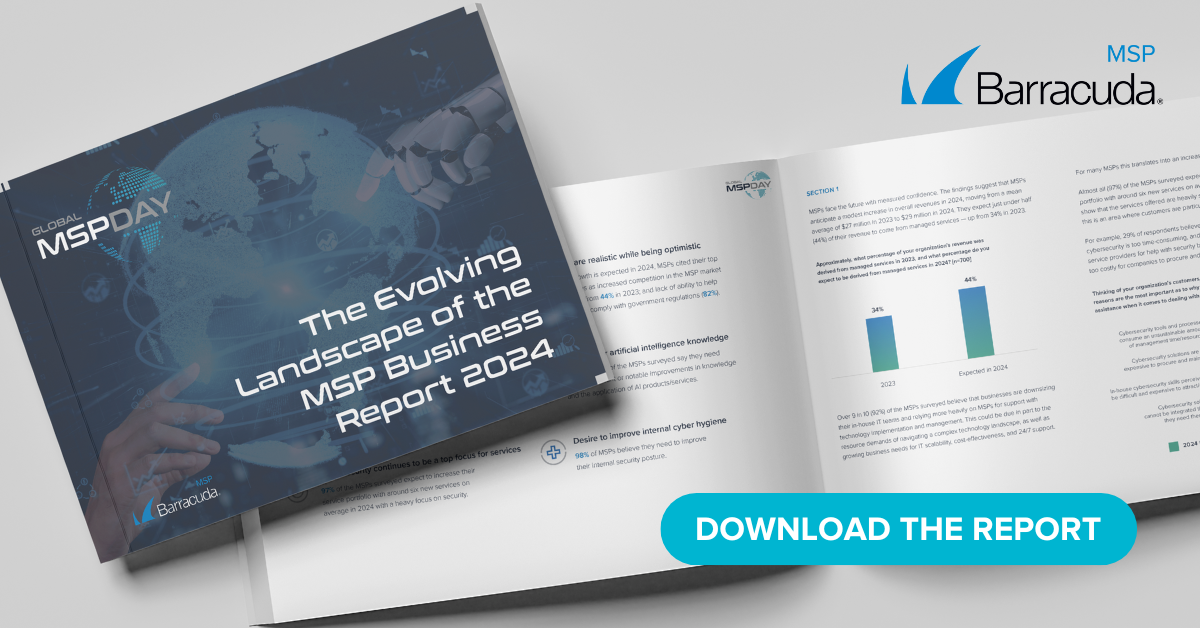 Hackers view personal healthcare information as the holy grail of data, mining this data in exchange for currency on the dark web. HealthTech sounded this alarm in April of this year:
Hackers view personal healthcare information as the holy grail of data, mining this data in exchange for currency on the dark web. HealthTech sounded this alarm in April of this year:
As the attacks mature and get increasingly sophisticated, healthcare organizations that lack holistic setup capabilities from the edge network to core data storage are likely to be subject to the types of attacks that have occurred recently.
One of the most frequently played cards in the hacker deck continues to be ransomware. And in 2020, hackers unleashed one of the most damaging attacks ever against Universal Health Services, which operates more than 400 hospitals and clinics in the US. According to HealthITSecurity:
All sites were impacted by the attack, which was first disclosed by employees who were concerned by what appeared to be IT issues at facilities across the country.
“The impact of the attacks was alarming: ambulances were rerouted, radiation treatments for cancer patients were delayed, medical records were rendered temporarily inaccessible and, in some cases, permanently lost, while hundreds of staff were furloughed as a result of the disruptions,” researchers wrote.
These types of attacks that cause crippling disruptions could just be the tip of the iceberg unless, experts say, healthcare begins treating connectivity differently and holistically.
COVID-19 has created new vulnerabilities for MSPs trying to protect healthcare data because so much patient data is now being remotely accessed by providers. The trend had begun prior to the pandemic as IoT, wearables, and telemedicine were transforming the space, but COVID-19 sped up the process.
For more insight into how COVID-19 created new vulnerabilities and opportunities in healthcare, Smarter MSP reached out to Dr. Lutfus Sayeed, a professor and the chair of the Information Systems department in the Lam Family College of Business (LFCoB) of San Francisco State University (SFSU). Sayeed has extensively researched the nexus of healthcare, data, and security.
Sayeed offers that some limited data collected over the course of the pandemic points to a larger number of breaches in video conferences, something that has become an important part of the day-to-day interactions between doctors and patients over the past year. As such, MSPs must pay close attention to securing these channels, as breaches here can lead to all sorts of privacy problems.
Sayeed also sees “credential stuffing” as a vulnerability that can create widespread disruption if successful. All of these issues, he says, are here to stay.
“Healthcare organizations will continue to use more technology, even after the pandemic, due to the many resource-related advantages that have been discovered during this time. At the same time, they need to protect against the new type of cyber attacks that have now resulted from the more pervasive use of technology during the pandemic,” Sayeed advises.
Managing cyberattacks on healthcare clients
Still the increased attacks on healthcare are manageable if a holistic, team approach is adopted.
“I am not worried about the proliferation of attacks, provided CISOs, MSPs and other security stakeholders are at the table with higher up decision-makers within the organizations such as the CEOs and CFOs,” Sayeed says.
Sayeed also emphasizes that we have the technology to fight cyberattacks, but that the implementation of the protective measures needs to be integrated with an organization’s overall business processes.
“Integration requires coordination between the business and the technology managers. If we can ensure this cooperation, organizations will be safe. There must be a recognition that cybersecurity is not a ‘technical’ area anymore. So, the burden is not on the security personnel only,” Sayeed adds.
Maintaining your own cybersecurity
Training, education, and changing the culture of an organization so that everyone is seen as a stakeholder, have been cited as a key challenge to MSPs and others going forward.
Another issue that must be looked at as healthcare facilities beef up their own security, is the security of third-party vendors which, Sayeed points out, isn’t an issue just with healthcare, but with all businesses.
“The third-party vendors are always going to present vulnerabilities. Their cybersecurity infrastructure has to be thoroughly vetted. The best approach is to work with vendors who have professional certifications such as Six Sigma, ISO 9001, and more importantly, CMMI,” Sayeed says.
While COVID-19 disruptions did tamp down on some ransomware attacks, Sayeed notes that “going forward, this may be the biggest battle healthcare has to deal with in the short term.”
“Ransomware will be the major challenge based on the past data,” Sayeed adds.
MSPs with healthcare clients should take steps to ensure training is up to date, remote work channels are secured, and third-party vendors are vetted because healthcare will likely remain in the crosshairs of hackers for the foreseeable future.
Photo: wk1003mike / Shutterstock
